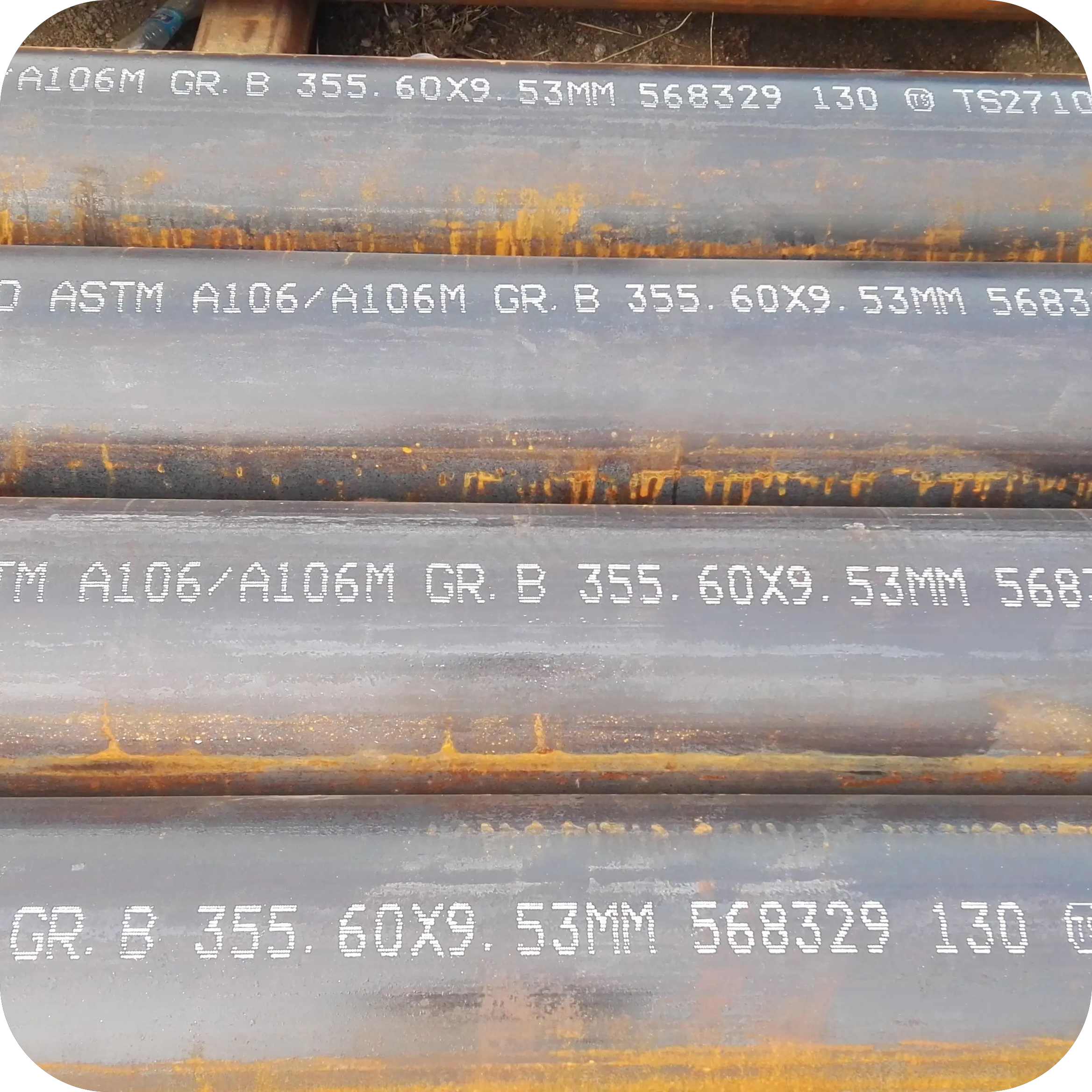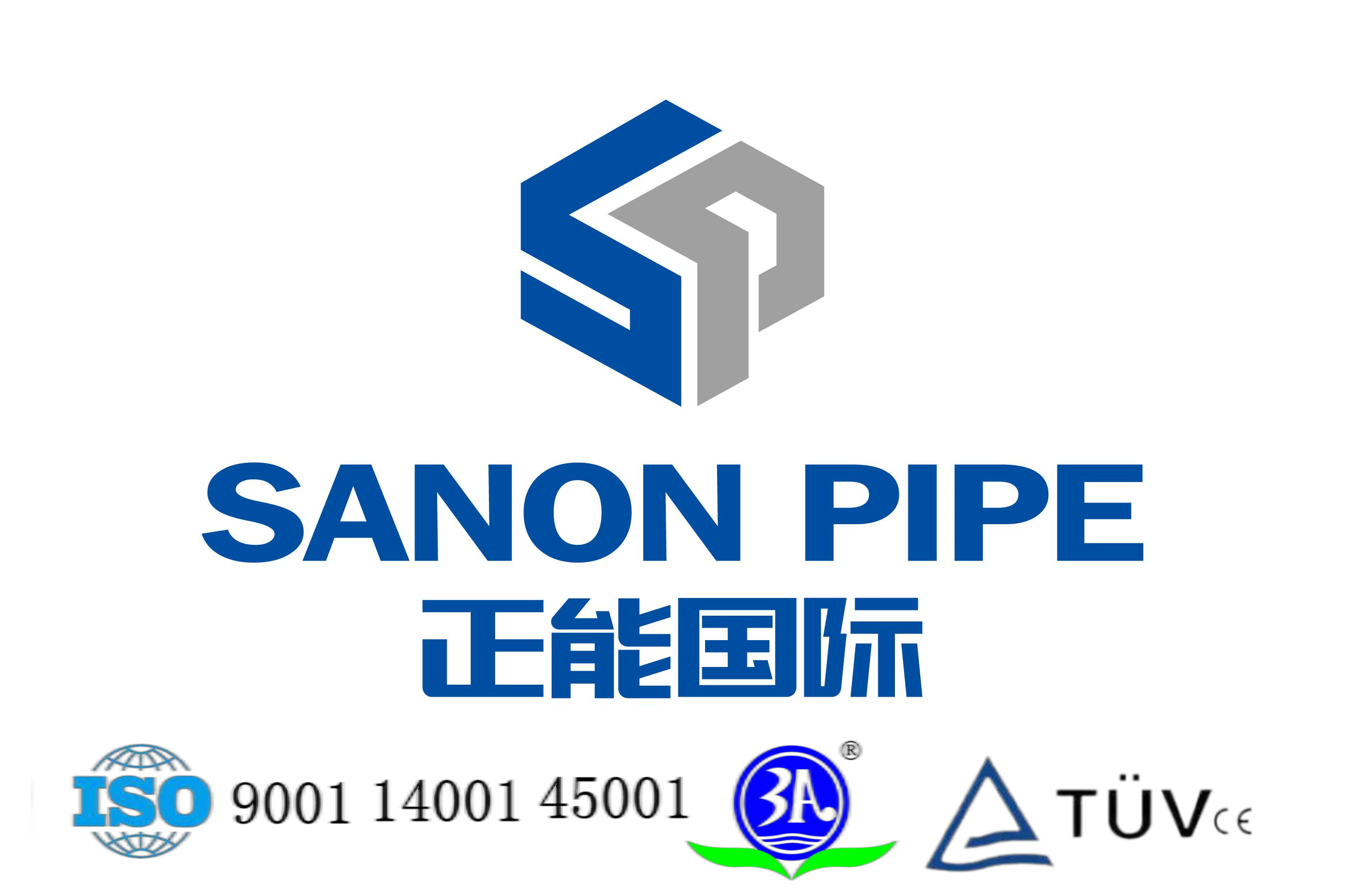The wide application of seamless steel pipes in the industrial and construction fields makes its standards and quality requirements particularly important. The so-called "three-standard pipe" refers to seamless steel pipes that meet three international standards, usually including API (American Petroleum Institute), ASTM (American Society for Testing and Materials) and ASME (American Society of Mechanical Engineers) standards. This type of steel pipe has extremely high reliability and adaptability due to its high standards and multiple certifications, and is widely used in industries such as oil, natural gas, chemicals, and electricity.
First, API standard seamless steel pipes are mainly used in the oil and gas industry, and its main standards are API 5L and API 5CT. The API 5L standard covers the manufacturing requirements of transmission pipelines to ensure the performance of pipelines in high pressure, high temperature and corrosive environments. The API 5CT standard focuses on oil casing and tubing to ensure the strength and durability of pipelines during drilling and production. API standard seamless steel pipes usually have high strength, high toughness and good corrosion resistance.
Secondly, ASTM standard seamless steel pipes cover multiple industrial fields, including boilers, heat exchangers, building structures, etc. ASTM A106 and ASTM A53 are representative standards. ASTM A106 seamless steel pipe is suitable for high-temperature applications and is widely used in high-temperature piping systems in power plants, refineries and chemical plants. ASTM A53 seamless steel pipe is suitable for general-purpose fluid transportation, including water, air and steam. These standards strictly specify the chemical composition, mechanical properties and dimensional tolerances of steel pipes to ensure their reliability in various applications.
Finally, ASME standard seamless steel pipes are mainly used for boilers and pressure vessels. ASME B31.3 and ASME B31.1 are two important standards that specify the design and manufacturing requirements of piping systems under high pressure and high temperature environments. The ASME standard emphasizes the safety and long-term performance of steel pipes and is suitable for occasions that require extremely high reliability and safety, such as nuclear power plants, chemical plants and large industrial equipment.
The advantage of three-standard pipes lies in their multiple certifications and wide applicability. Because they meet API, ASTM and ASME standards at the same time, this type of seamless steel pipe can meet the strict requirements of different countries and regions and is suitable for a variety of complex working conditions. Whether in high pressure, high temperature or corrosive environment, three-standard pipes can show excellent performance to ensure the safe and stable operation of the system.
In short, as a high-end product among seamless steel pipes, three-standard pipes have become an indispensable and important material in the industrial and construction fields with their multiple standard certifications and excellent performance. Its wide application not only improves the quality and safety of projects, but also promotes the development and innovation of steel material technology. Choosing three-standard pipes is not only a guarantee of quality, but also a commitment to the long-term stability and safety of the project.

Post time: Jun-13-2024





